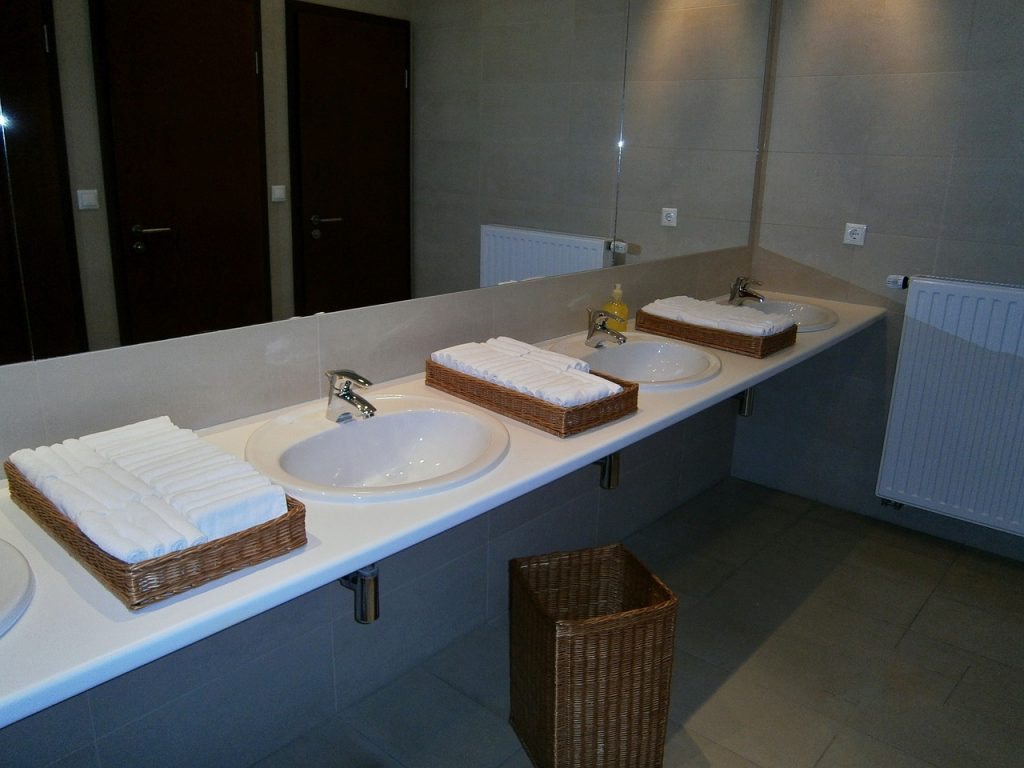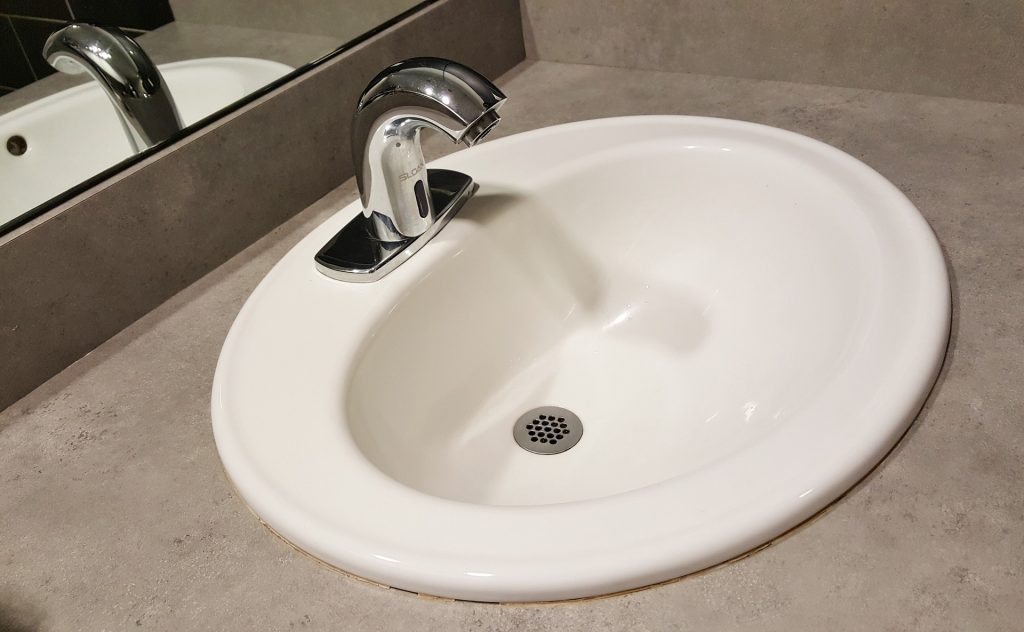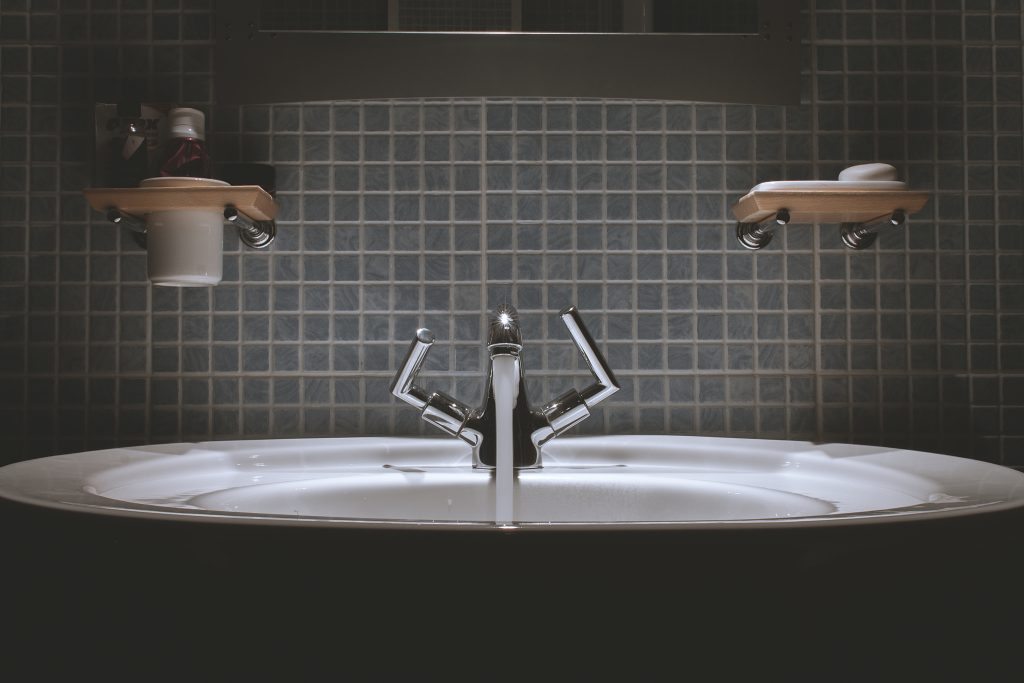Companies in janitorial services take on more liability than most businesses, which means more insurance. But how much cleaning business insurance is too much?
As a cleaning business owner, you’ve got a lot on your plate when it comes to liability. On top of general business liability, you’ve also got to consider that your business undertakes significant risk, from possessing keys to office buildings to cleaning near and around expensive items to the hazards of the chemicals you use. Because of the increased risk, most companies won’t even consider your bid unless you carry adequate cleaning business insurance.
But is there such a thing as too much insurance? Is it possible to make do with general liability insurance instead of tacking on all the extras?
While no one likes to pay insurance premiums, you also don’t want to lose the business you’ve spent all this time building up just because you skimped on the insurance bill. That said, you also don’t want to buy a product you don’t need.
If you’re in the market for cleaning business insurance, the following information will get you started thinking about what kind of policies are right for your business.
Manage bids, projects, clients, and more with Janitorial Manager. Find out more. Schedule a free demo today!

What is cleaning business insurance?
In actuality, there’s no insurance policy that’s specifically called cleaning business insurance. Instead, the phrase refers to a group of policies that many commercial cleaners carry. The beautiful thing about these policies is that, because they are individual, you can choose which ones you want a la carte. So if you decide that general liability insurance is enough (ProTip: it’s not), you can purchase just that policy and leave the others.
Many insurance companies offer bundled policies, which can help cut down on annual costs while also providing the coverage you need in a one-stop purchase.

4 Sections your cleaning business insurance should include
1. General liability insurance
The first and most critical component to cleaning business insurance is general liability insurance. Every business, no matter the industry, carries some form of this. It protects against accidents and damage that may occur to a third party—usually a client. So if one of your clients alleges that one of your cleaners damaged a window and files a lawsuit for repair costs, general liability insurance would usually cover that.
Additionally, if someone besides one of your employee is injured at a job site due to negligence—let’s say failure to put up a sign warning about a slippery floor—general liability insurance will cover the cost of the injury as well as any legal fees that may arise.
Costs for general liability insurance vary, but you should expect to pay between $400-$800 per year in premiums.
2. Property insurance
The second base component to cleaning business insurance is property insurance. These policies protect all the property your business owns, including cleaning equipment. So if someone steals something from your offices, or if an employee or client accidentally damages a cleaning cart, property insurance would cover the cost of new equipment (depending on and up to the policy limits).
Here’s the catch, though: Property insurance only covers property on your company premises. As a commercial cleaner, however, much of your property is on-the-go, whether transported from one place to another or stored at a client site. In order to protect your assets while they are off company property, you’ll want to take out a Speciality Property Insurance Coverage Endorsement (SPICE) policy.
The average cost of property insurance without SPICE will probably run you somewhere around $400 annually, though there are some cheaper, usually less inclusive, policies available.
Property insurance (without SPICE) and general liability insurance are often available as a single business owner’s policy (BOP) for a reduced annual rate. Typical BOPs usually start around $750 and can run as much as $1,300 per year.
3. Surety bonds
Another component unique to cleaning business insurance is called a surety bond. Any cleaning business should carry a surety bond to help prevent customer disputes. It basically says that if you fail to perform work according to the contract with your client, the insurance company will pay the client for any damages that result. The catch is that you have to pay the insurance company back! Many clients won’t accept your bid if you don’t have this bond.
The good news? They’re inexpensive. You can usually get a surety bond for single payment of $100.
Keep track of all your cleaning jobs with Janitorial Manager. Schedule a free demo today!
4. Other additions
Cleaning business insurance includes a couple of other components. The first is a workers’ compensation policy, which usually runs $2,000-$3,000 annually. It’s illegal in most states to operate without workers’ compensation, so it’s a good idea to incorporate this cost into your initial business plan.
If you have company vehicles, you might want to consider commercial auto insurance. Plan on spending between $1,000-$3,000 per year for this.
Janitorial Errors & Omissions insurance is carried by many commercial cleaners, and many clients require it. These policies protect you, the businessowner, as well as your employees and even your subcontractors from any claims that may arise against you.
Finally, there’s umbrella insurance, which can cover costs beyond what general liability covers. In fact, you can use an umbrella policy to extend general liability, auto insurance, and the employer’s portion of workers’ compensation.

Consult a professional
Ultimately, you might want to consider checking with a professional to determine which policies you need as part of your cleaning business insurance, and how much you want each policy to cover. Every business is different, so while the information provided here gives you an idea of what to expect, remember that this is an overview, not a quote.

